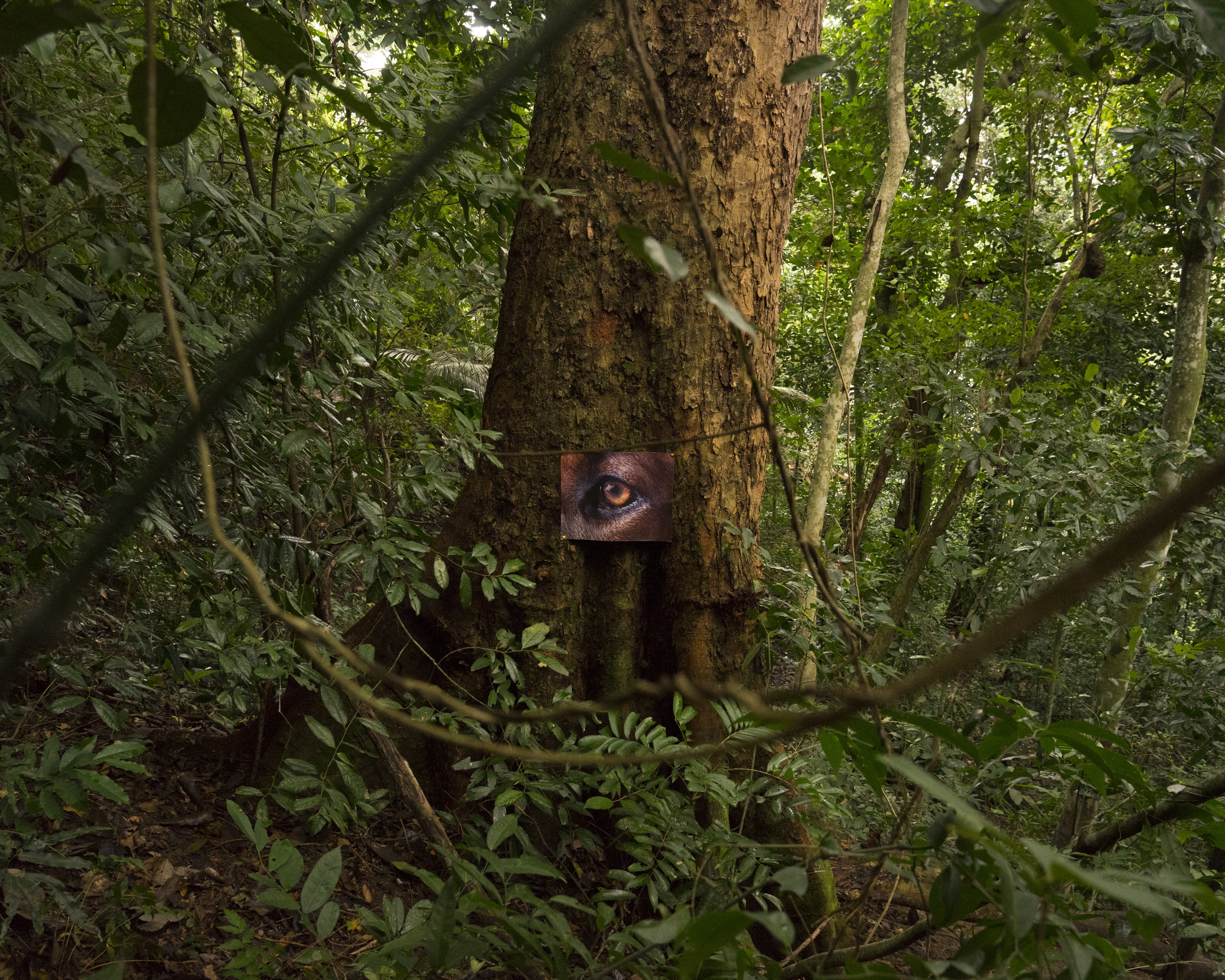Octopus
Athens 11743
Greece
Hours: Tuesday–Wednesday and Friday–Sunday 11am–7pm
Thursday 11am–10pm
T +30 21 1101 9000
emst.secretariat@emst.gr
The second issue of Octopus, the online magazine of contemporary art published by EMST, is ready to venture into summer waters as it engages with the museum’s main exhibition titled Why Look at Animals? A Case for the Rights of Non-Human Lives curated by artistic director, Katerina Gregos.
The museum has invited curator and writer Filipa Ramos—whose research delves into the intersections of contemporary art, discourse and ecology with a sustained focus on the poetics of animal life—as guest editor of this issue.
Issue #2, entitled “Wild Words—Remembering and imagining human and animal relationships” explores the human-animal relationships through art, literature, and theory. Featuring contributions from a wide range of disciplines, the issue spans topics from ecofeminism to food politics, and from post-humanism to cinema. It includes essays, stories, poems, specially commissioned illustrations, and even recipes for shared human and animal banquets, prioritising underrepresented voices in animal studies, fostering dialogue across disciplines and perspectives.
With a strong intersectional focus, it links animal concerns to ecology, feminism, and social justice. The issue poses a fundamental question: why is it important to talk about animals now, in a time of crisis and war, when empathy seems so scarce?
The issue’s main iconography is by artist Michela de Mattei. In addition, the artist and activist Sue Coe has been commissioned to produce original work for the magazine. Her work also features in the exhibition Why Look at Animals? A Case for the Rights of Non-Human Lives.
In a separate section entitled “The Octopus Garden”, curator Joanna Zielińska has selected work that serves to broaden the scope of that presented in Sonic Space, her guest curated sound project featured in the exhibition Why Look at Animals? A Case for the Rights of Non-Human Lives. The Octopus Sonic Space includes contributions from Apian, Nathan Gray, Panagiotis Kokoras, John C. Liilly archive, Jana Winderen, as well as a sound documentary by Greek artist Maria Tsagkari.
Octopus
Director: Katerina Gregos / Editor-in-chief: Theophilos Tramboulis / Editorial Consultant: ioLi Tzanetaki / Design: Nowhere Studio
Octopus is a bilingual, biannual, online journal of contemporary art history and theory, cultural theory and criticism published by EMST | The National Museum of Contemporary Art. Conjoining art with its wider artistic, cultural, and geopolitical ecosystem in Southern Europe, the Eastern Mediterranean, and beyond, Octopus explores uncharted waters and half-lit caves, reefs and rocks, with a a particular interest in regional histories and multiple futures, as well as in democracy, participatory citizenship, human and non-human life. Octopus aligns itself with ΕΜSΤ’s Mission Statement and draws inspiration from the museum’s curatorial programming, while enriching and amplifying it. Featuring texts by writers, theorists and artists from Greece and abroad, Octopus is agile and multi-tentacled with a decentralised sensibility.
EMST | National Museum of Contemporary Art, Athens is funded by the Hellenic Ministry of Culture & Sports.










